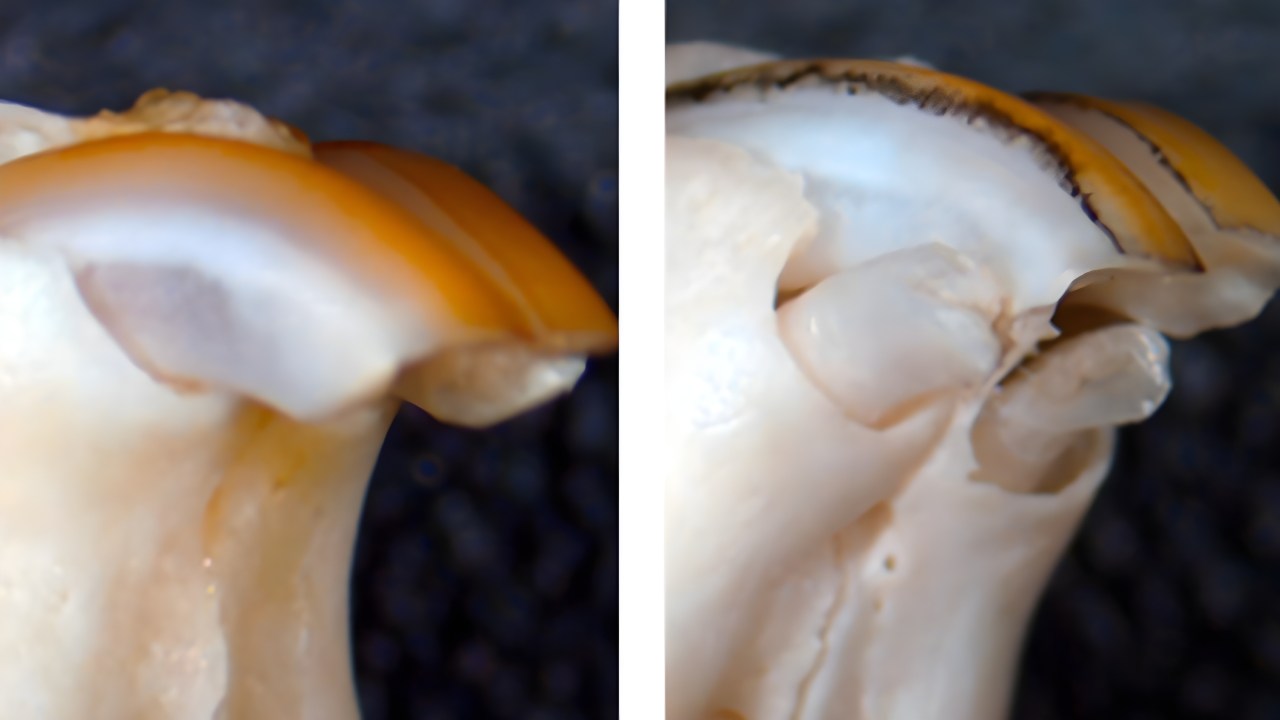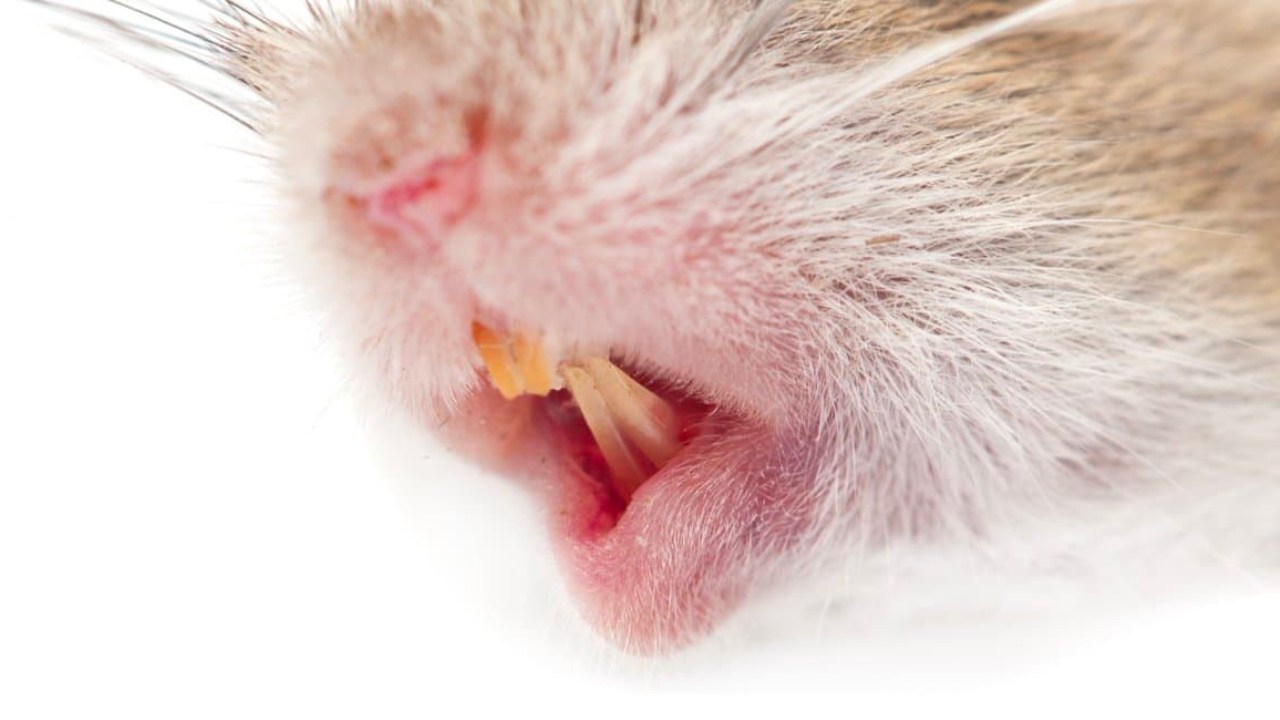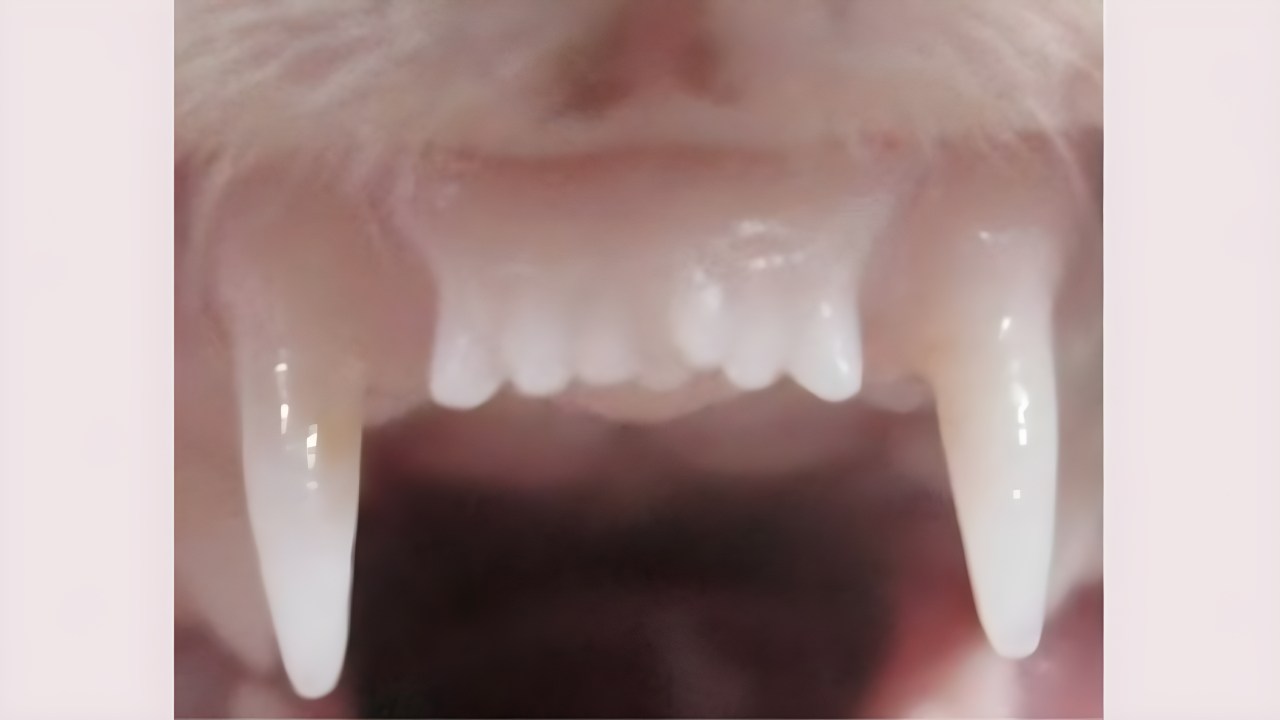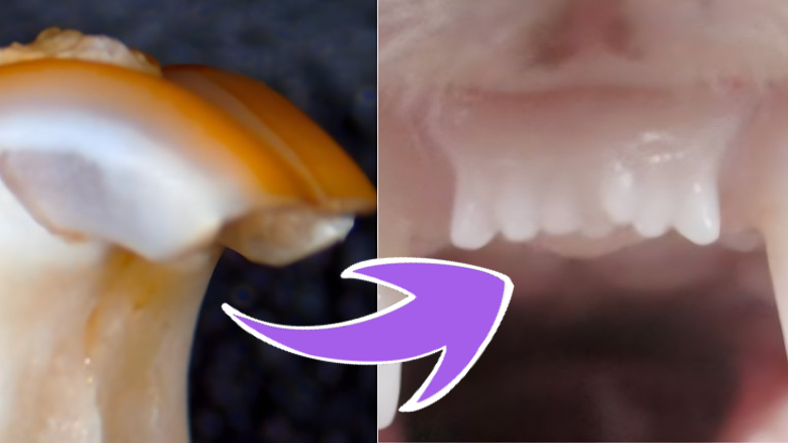For the regrowth of rotten or pulled teeth Scientists from Kyoto University, working since 2005, have rolled up their sleeves for a never-before-seen treatment. Wouldn’t it be an enormous ability to regrow our own teeth?
It is estimated that losing teeth will no longer be a problem in the near future. What stage is this discovery currently at?
The beginning of research aimed at replacing the teeth we have lost for various reasons is based on gene research on mice.

Many researchers who tried to delete some genes in mice discovered that as a result of this gene deficiency He noticed a marked decrease in the number of teeth produced by the mice. This response from the mice actually opened the doors to several questions.
What if the opposite were also possible? What if genetically modified mice caused them to grow more teeth? Based on these questions, it didn’t take long before Katsu Takahashi, lead researcher and head of the department of dentistry and oral surgery at a hospital in Japan, discovered that the number of teeth in mice lacking a certain gene actually increased.
Which gene makes this possible?

Researchers discovered that a protein called USAG-1 prevents the formation of new teeth Blocking this protein from the cells allowed more teeth to emerge. Isn’t this enormous impact of a single gene on tooth structure quite surprising?
After this discovery An antibody drug has been developed that blocks the USAG-1 protein and some toothless mice grew new teeth thanks to this drug. In other words: this treatment made new tooth formation possible for the first time in the world.
At this point, the first question that comes to mind is undoubtedly whether this is possible in humans.

Of course, just because the drug works in mice doesn’t mean it will have the same effect in humans, but researchers think genetic factors are primarily effective. He is very targeted in applying this treatment to people with anodontia.
Anodontia, seen in about 1 in 100 people, It is a condition experienced by people who are missing six or more teeth. This lack of teeth, which is thought to play a major role in genetics, can be congenital or acquired later and causes many problems, from chewing to speaking skills.
If this discovery, which responded positively in mice, also shows clear effects in people with anodontia, the lights of hope will shine for people who lose their teeth for various reasons.

But the anatomy of humans and animals is very different, experts say to observe in detail the positive and negative effects of this drug on people. He has rolled up his sleeves.
Takahashi and his team began working to complete the safety studies by 2025 and complete the dose studies by 2028. If everything goes as planned It appears that lost teeth will no longer be a problem by 2030.
Sources: ZME Science, Scientific Progress, Health News, Kyoto University
Follow Webtekno on Threads and don’t miss the news

















